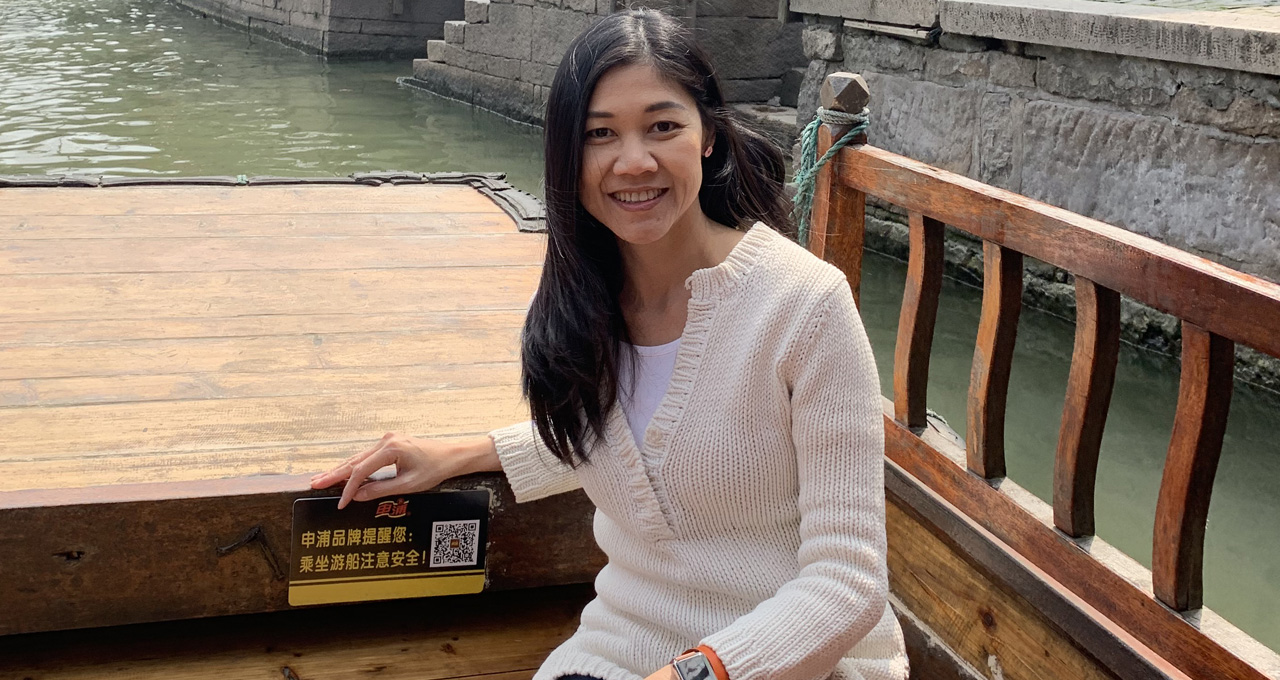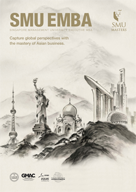
Even as the celebration of International Women’s Day has grown in prominence in recent years, the statistics for gender equality remain sobering. According to the World Economic Forum’s Global Gender Gap Report 2020, it will take another century to close the gender gap between men and women worldwide. In East Asia (a region that includes Singapore, in this report), the gap yawns even wider — at the current pace of change, it will take another 163 years to achieve gender parity.
However, context is everything, and those with the benefit of hindsight can point out many ways in which things have changed for the better. (Put another way: it used to be worse.) Adeline Lai, a senior director at HSBC Private Banking, recalls an instance many years ago with a former employer when she advocated for the promotion of an assistant who had shown great initiative and diligence. Her proposal was rejected. “The reason cited by the line manager was that the assistant had been away from the office due to her maternity leave, and had not been able to complete her full year at her job.”
Such bias could also manifest in less explicit, even unconscious, ways. Male executives might have made decisions during golf games and other social events where their female counterparts were not present; clients might have preferred dealing with male bankers, believing them to be better at their jobs. “Unconscious bias has a way of creeping into reality, where it is so subtle that most would not even notice it,” Adeline points out. “Speaking up was one way that I could overcome this barrier. Asking for the opportunity to be given a fair chance to present my idea to a prospective client was another way.”
Today, however, a strong foundation has been put in place to enhance gender equality in the workplace, she believes. “There is definitely heightened awareness of diversity in the workplace, as well as greater transparency with regards to equality.”
She is particularly excited and encouraged by improvements at her place of work. For example, to mark International Women’s Day this year, HSBC Singapore announced a commitment to have women forming 40 per cent of its senior positions and 50 per cent of its managerial positions by 2022. The bank has implemented new initiatives in recent years to achieve these goals, including a Singapore Executive Committee Female Sponsorship programme to supplement Group-led female leadership development programmes.
HSBC also has a Balance Employee Resource Group, which is run by a group of local employees who organise and take part in activities and events that promote gender equality. Some of the bank’s senior leaders are Balance Ambassadors who take a proactive role in challenging policies and processes with the aim of achieving greater gender equality. There is also a Balance Male Ally programme, which fosters a culture of inclusivity and support across all levels of seniority.
In stark contrast to Adeline’s story about the assistant who lost a promotion because of maternity leave, HSBC Singapore’s HR department has been acting on feedback from focus groups that are comprised of employees who are parents returning to the workforce. The resulting policy improvements include increased maternity insurance coverage for all new parents.
HR is also taking concrete steps (such as panel interviews for hiring in retail banking) to ensure that the bank’s resourcing and talent attraction strategy is free from gender bias, Adeline adds. These steps towards equality are cause for optimism. “Achieving true gender equality is not easy but I think we’re moving in the right direction.”
Of course, much more work remains to be done across industries, from raising awareness of unconscious gender bias among managers, to making equality a key part of company strategy.
For women steering their careers in today’s environment, Adeline has this advice: “Always believe in yourself and your passion, and continue to pursue knowledge even if you have been working for many years. Learning will not just upgrade your skill set, but also broaden your network, open up your mind and make you a better person.”
That is exactly what she did back in 2018, when she enrolled in an executive MBA programme at SMU. Going back into the classroom was in some ways intimidating, only five of the 30 people in her EMBA cohort were female, “and I do admit that there was a sense of being overwhelmed in a room full of mostly men”, she says.
However, the experience was ultimately a rewarding one. Some of the modules, such as Business Ethics and Human Capital, explored unconscious bias and stereotypes, topics that Adeline had a profound interest in. The open discussions, case studies, and sharing of real-world experiences brought these subjects to life. “The varying perspectives, together with the content provided by the EMBA faculty, opened our minds to being inclusive, to speaking up, to addressing the elephant in the room, to getting to the crux of the issue.”
As she continues to develop her professional path in the financial industry, Adeline intends to do her part to mentor and inspire female colleagues. “I see myself making a difference in the lives of aspiring young talents by guiding them to achieve the goals that they have set out for themselves, to be the best versions of themselves as a person, and in their career.”
Speak to our Admissions Advisors
Lee Kong Chian School of Business
Postgraduate Admissions
Singapore Management University,
SMU Administration Building
81 Victoria Street, Singapore 188065
Tel: +65 6828 0882
Join us at the upcoming events
Ofukacho, 1−1 ヨドバシ梅田タワ
Osaka, Kita Ward, 〒530-0011, Japan
Kyobashi, 1 Chome−3−5 三井ガーデンホテル 1F
Chuo City, Tokyo, 〒104-0031, Japan
